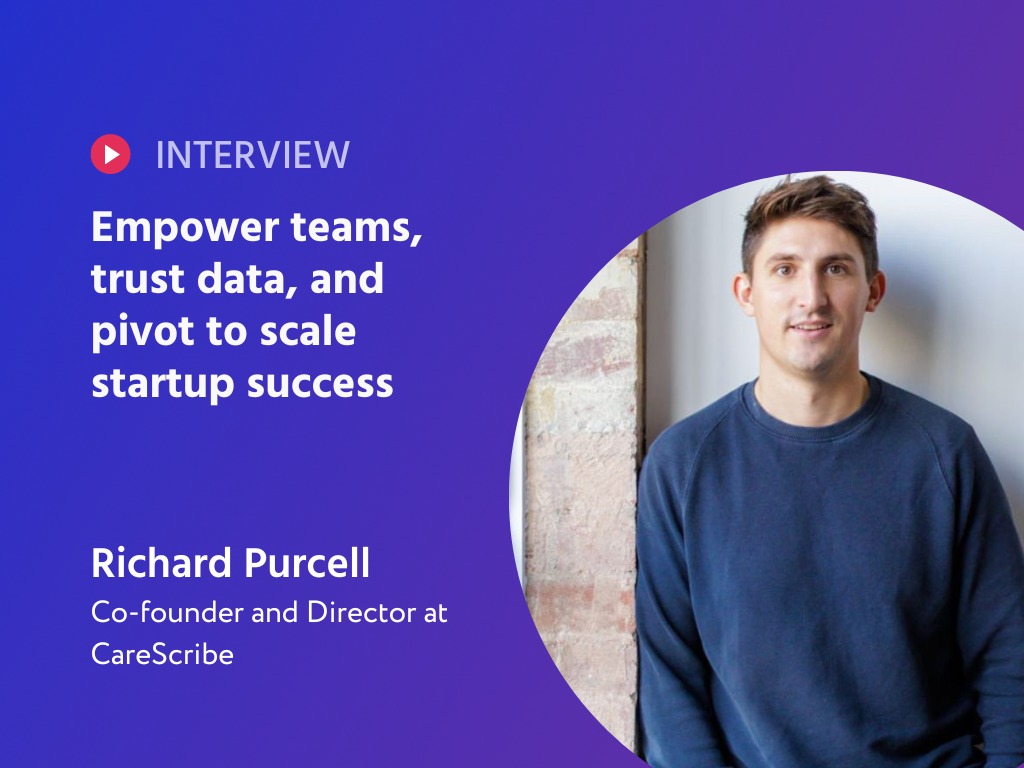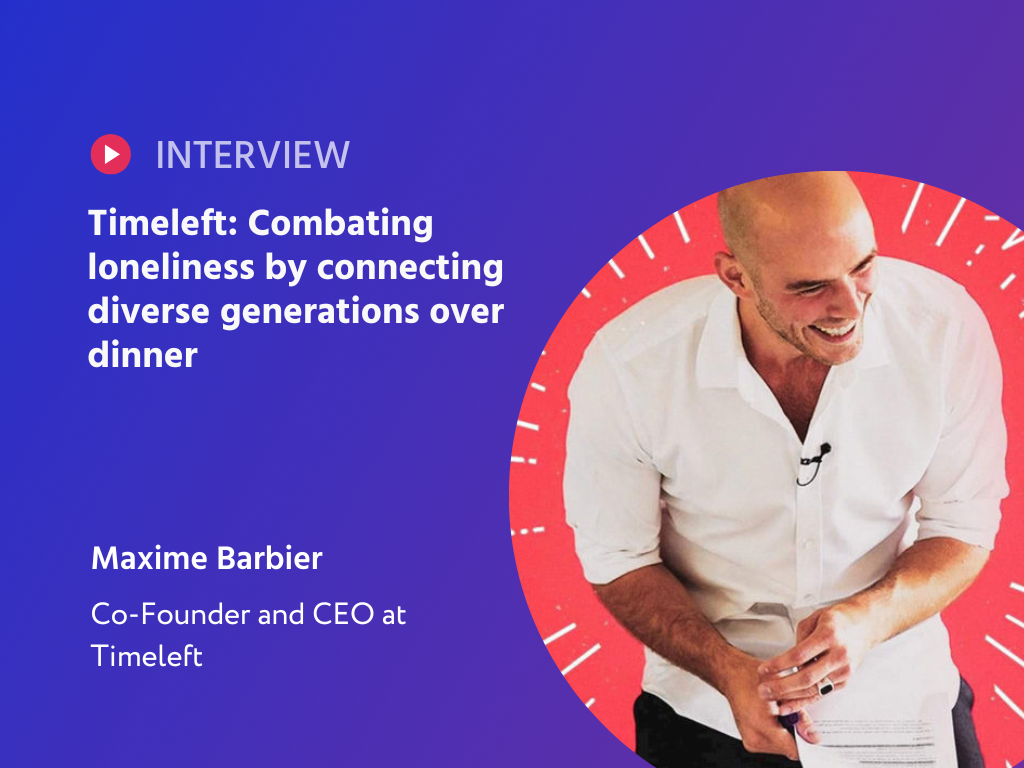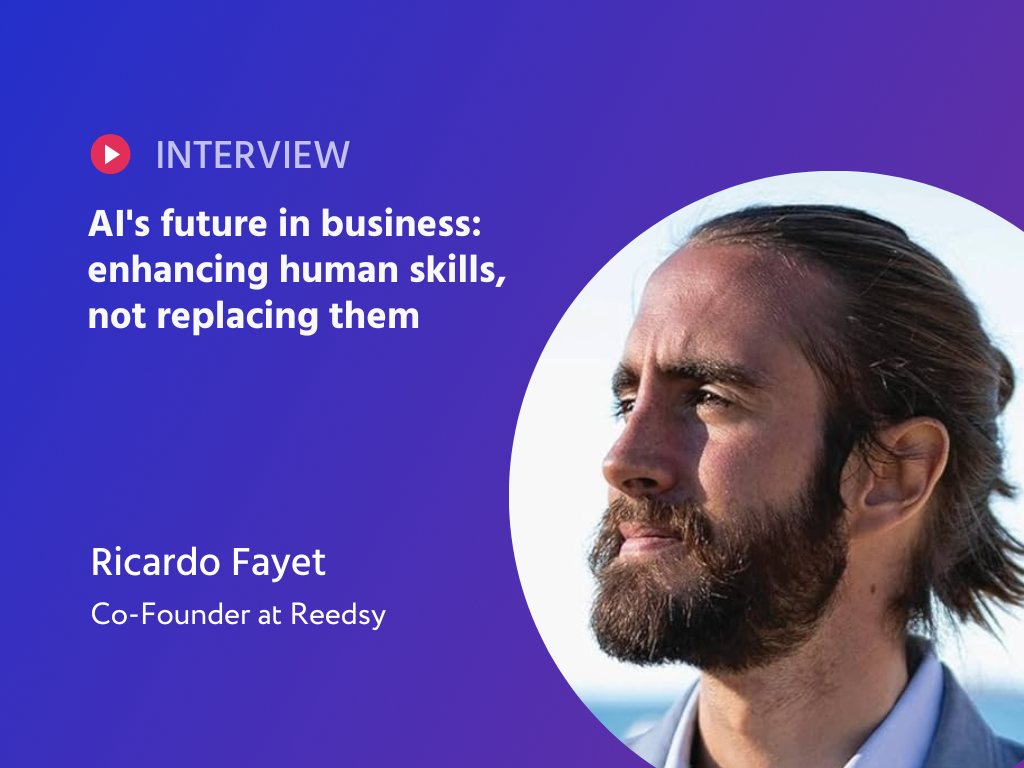In today's feature, we bring you an insightful conversation with Tim Edwards, the CEO and Co-Founder of Codices, a trailblazing company that is redefining the landscape of interactive game shows in the digital realm. Interviewed by Matthew from Temy, an international software development company, Tim delves deep into Codices' journey, from its humble beginnings inspired by Twitch streams to its thriving current state, boasting millions of monthly players.
At its core, Codices aims to democratize the gaming experience, offering infinitely scalable quizzes and live interactive games that can engage thousands to millions of players simultaneously. The company’s rapid growth, backed by £2 million in funding, has allowed it to collaborate with major brands like Amazon Prime and carve out its unique niche. As the gaming industry sees more daily active players and weekly active users, Codices sits at an interesting intersection of entertainment, technology, and community engagement.
Don’t miss this fascinating discussion as Tim Edwards shares his vision for Codices, the challenges and triumphs of creating a standalone gaming platform, and the philosophy that drives this fast-growing venture. Stay tuned as we unpack the wisdom behind one of the most innovative game platforms in the market.
Tim Unplugged: How This CEO is Rewriting the Rules of Interactive Gaming and Why He's Not Slowing Down
Call him the Steve Jobs of the game show world; Tim is disrupting what you thought you knew about interactive gaming. Ever found yourself scrolling aimlessly on Twitch, stuck in a viewer’s bubble while a single streamer hogs the limelight? Enter Tim's brainchild, Currencies. A platform where not just one, but thousands—or hey, why not millions—of people can play live interactive game shows together. "I always knew that I wanted to do something interesting," he says. "Whether it was working on cool projects with good people or starting my own thing."
His start was far from conventional—mixing a bit of partying with some ambitious university web projects. He recalls his time as "mid-tier," but don’t let that fool you. The ambition was always there, like a silent script running in the background. Fast forward a bit, and Currencies emerges—a seismic shift in the landscape of live interactive gaming. "We're growing about 15% a week in terms of users," Tim shares. The dude's basically engineered a digital Colosseum, where the roar of the audience isn't just heard, it’s felt, as they participate in real-time.
And oh boy, is Tim making sure you'll never have to settle for passive spectatorship again. The Currencies platform, fired up by a £2 million capital influx, has its eyes set on a sector that's just burgeoning: short-form, live gaming. "I think everyone's had a boss where they've kind of hated and thought, 'I could do it better.' And then you go off, and you go and do it better," he says. So if you're sick of being a mere spectator, you might want to jump on the Currencies bandwagon. He's putting you back in the game—literally.
I think everyone's had a boss where they've kind of hated and thought, 'I could do it better.' And then you go off, and you go and do it better
The Secret Sauce to Startup Success: Tim on How to Build the Right Team and Maintain Sanity in the Chaos
When you think of the pulsating world of startups, the image of a trailblazing entrepreneur often comes to mind. Yet, behind that lone figure is often a handpicked team—each member as crucial to the venture as the bolts in a machine. Tim, the interviewee, hammers this point home when he talks about recruiting for his own venture. "Recruitment is a bit of a nightmare," he confesses. His focus isn't just on the skill set but on finding those "good self-starters," people who are self-motivated and can "tackle that multi-problem type approach." Formal education takes a back seat. Experience is the golden ticket, and fitting into the culture is non-negotiable.
But hey, it's not just about hiring the dream team; it's about managing them too. Tim faces an "identity crisis" as he shifts from "doing things to managing people." He explains, "You do business, you go from doing everything to having talent help you do things." This transition challenges him to find his role in the ever-evolving dynamics of the startup world. How does he keep sane amidst this chaos? In his words, it's about "working out the most efficient use of my time, which is challenging and interesting."
You do business, you go from doing everything to having talent help you do things
Now, if you're expecting Tim to be a beacon of work-life balance, you're in for a letdown. "I have a pretty terrible work-life balance," he candidly shares. So how does he cope with the constant juggle of responsibilities, from handling funds to securing investments? "Taking a day off a week is something I advise myself, just because I force myself to do it," he says. Tim's honest admissions resonate as a real glimpse into the rollercoaster life of a startup founder. His ultimate advice? "You don't want people telling you you're right all the time. You want those kind of challenging different backgrounds, which just strengthens the business in the end." And that, folks, is startup wisdom you can bank on.
Aiming High and Staying Nimble: Tim Talks Risk, Rewards, and the British Quirk in Entrepreneurship
Sometimes you meet entrepreneurs who are all strategy and no action, locked in endless planning cycles that resemble ancient rituals. Not Tim. When he talks about his journey in building his tech startup, you're immediately struck by his blend of impulsivity and wisdom. "You're constantly sort of adapting and adjusting to everything that's happening," he says. "Even when we spend on wrong things—different campaigns, hiring—we're taking a risk and learning from it."
To say that Tim's approach is a breath of fresh air is an understatement, especially in the land of the Brits where underselling is a cultural hobby. "You don't really aim high enough," he observes, speaking on the caution that often clouds new entrepreneurs in Britain. "As soon as you start talking much bigger about what you're doing, then you get a lot more interest from people. It just becomes more fun as a business."
As soon as you start talking much bigger about what you're doing, then you get a lot more interest from people. It just becomes more fun as a business
What makes Tim's outlook particularly fascinating is the nugget of wisdom he's derived from Voltaire: "A witty saying proves nothing." That's his wake-up quote, the one he'd want to see plastered on his bedroom wall. For Tim, it serves as a reminder to challenge norms, question the status quo, and, above all, dare to be more audacious in business. As he puts it, "Don't undersell your idea." For those scaling the uncertain terrains of entrepreneurship, Tim's mantra offers a daring route—aim higher, adapt quickly, and never underestimate the value of the lessons you learn along the way.
From the Rugby Pitch to the Boardroom: Tim on Game Plans, Injuries, and World Cup Predictions
Life has a way of throwing curveballs, or should we say "rugby balls," at you. Take Tim, for example. He loved playing rugby in his early days until a recurring knee injury pulled him off the field for good. "You get one injury, recover, and then it happens again," Tim laments, "and you sort of know you're done." But even as his rugby days are behind him, Tim's love for the sport hasn't waned a bit. He still watches the Six Nations and has a whole host of feelings about the upcoming Rugby World Cup.
You get one injury, recover, and then it happens again
Speaking of the World Cup, how does Tim feel about the impending clash between England and South Africa? With a cheeky British undercurrent, he admits, "The southern hemisphere always seems to have the advantage." But don't mistake that for a lack of optimism. "It might be coming home," he adds with a chuckle, proving that the underdog spirit is alive and well in British hearts. Tim may downplay it, but you can tell he’s got his fingers crossed that England could pull off a victory this year.
It's fascinating to see how Tim's sporting background has shaped his approach to entrepreneurship. Whether it's knowing when to pull back or go full throttle, his rugby experiences echo in the decisions he makes in the boardroom. "You get one injury and you sort of know you're done," he reminds us, and it's a sentiment that seems to extend to his entrepreneurial playbook as well—a lesson in knowing when to pivot, adapt, and more importantly, keep your eyes on the prize.




